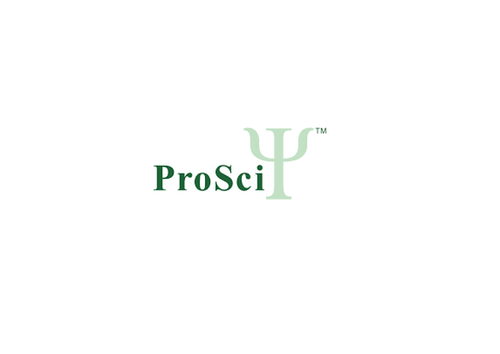Product Description
PPP1R13B polyclonal Antibody | BS60759 | Bioworld
Host: Rabbit
Reactivity: Human,Mouse,Rat
Application: WB
Application Range: WB: 1:500~1:1000
Background: ASPP proteins interact with p53 and are responsible for enhancing p53-induced apoptosis but not cell cycle arrest. Inhibition of endogenous ASPP1 (PPP1R13B) function inhibits the apoptotic function of endogenous p53 in response to apoptotic stimuli. ASPP1 amplifies DNA binding and transactivation function of p53 on the promoters of proapoptotic genes in vivo. Expres-sion of ASPP1 is often downregulated in human breast carcinomas expressing wildtype p53, but not in those expressing mutant p53. This research indicates that ASPP1 regulates the tumor suppression function of p53 in vivo. ASPP1 is predominantly a cytoplasmic protein, although some fraction of the polypeptide is nuclear. Defects in PPP1R13B, the gene which encodes ASPP1, may be a cause of breast cancers. The deduced ASPP1 protein contains 1,090 amino acid residues.
Storage & Stability: Store at 4°C short term. Aliquot and store at -20°C long term. Avoid freeze-thaw cycles.
Specificity: PPP1R13B polyclonal Antibody detects endogenous levels of PPP1R13B protein.
Molecular Weight: ~ 120 kDa
Note: For research use only, not for use in diagnostic procedure.
Alternative Names: Apoptosis-stimulating of p53 protein 1; Protein phosphatase 1 regulatory subunit 13B; PPP1R13B; ASPP1; KIAA0771
Immunogen: A synthetic peptide corresponding to residues in Human PPP1R13B
Conjugate: Unconjugated
Modification: Unmodification
Purification & Purity: The Antibody was affinity-purified from rabbit antiserum by affinity-chromatography using epitope-specific immunogen and the purity is > 95% (by SDS-PAGE) .
Pathway: Toll-like Receptor signaling,Death Receptor Signaling,
 Euro
Euro
 USD
USD
 British Pound
British Pound
 NULL
NULL












